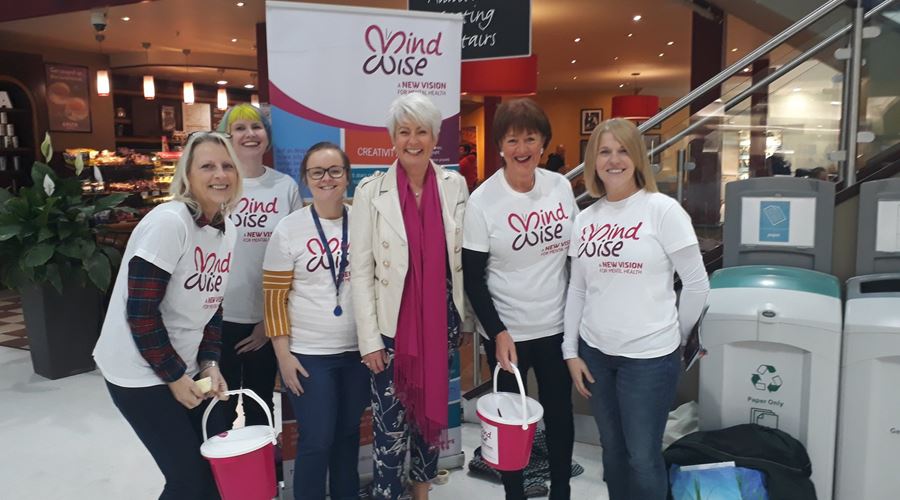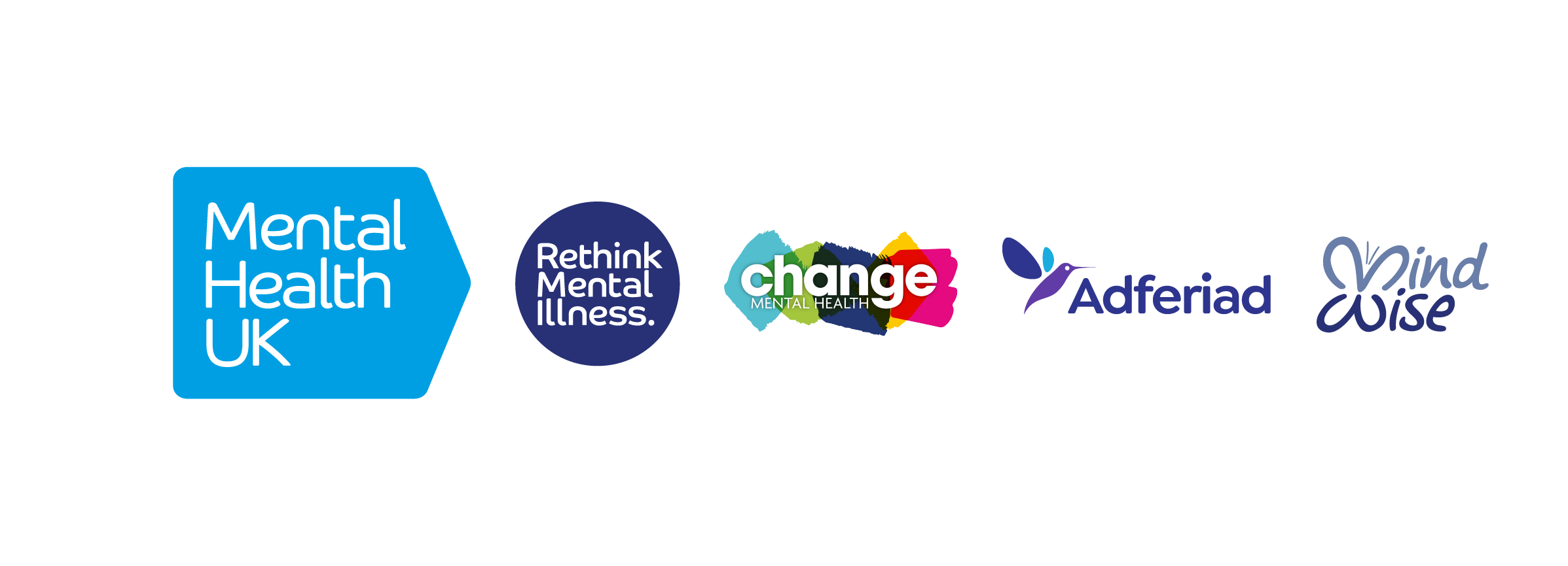- Home
- News & Blogs
- Current: Meeting of the APG on Mental Health takes place
Do you need urgent help?
If you need to speak to someone right now, here are some confidential options which provide 24/7 support. If you're worried you might hurt yourself or someone else, please call 999, or go to your nearest A and E.
Childline
Helps anyone under 19 in the UK with any issue they’re going through. Childline is free, confidential and available any time, day or night.
0800 1111Samaritans
24 hours a day, 365 days a year. You don't have to be suicidal to call us
Meeting of the APG on Mental Health takes place
Thu, 11 - February - 2021
The first meeting of 2021 for the All Party Group on Mental Health took place this week (Wednesday 10th February) on Zoom, chaired by MLA Mark Durkan.
The meeting was attended by over 35 stakeholders from across the mental health sector. It opened with acknowledgement that funding has recently been granted for specialist perinatal mental health services.
MindWise campaigned for this along with other APG members by issuing a joint letter to Robin Swann, so a moment was taken to celebrate this and Mark Durkan confirmed it is hoped the new services will be operational within the coming six weeks. It was also noted that the establishment of a much-needed Mother & Baby Unit is a separate business case and an integral part of the strategy.
Update on 10-Year draft Mental Health Strategy
The meeting was then addressed by Mark Lee, the Director of Mental Health, Disability & Older People at the Department of Health, who gave an update on the draft 10-Year Mental Health Strategy.
Mark stated that one of the themes of the 10-year strategy is early intervention, ensuring people can access therapies when a difficulty first emerges and providing children with the right start in life.
He stressed the importance of providing the right support at the right time. In part, this means focusing on the person rather than the process, to ensure people aren’t forced to fit the system. Mark highlighted that trauma-informed approaches and evidence-based decisions that recognise the specific needs and barriers of individuals are important.
Mark also clarified that the creation of a single mental health service, a key aspect of the 10-Year Strategy, means key people collaborating and agreeing upon ways of working and a flow between the Trusts and services, bringing primary care and secondary care closer together.
Looking ahead, Mark confirmed that the government will be looking to publish the long-term funding plan for the next ten years in/around July.
His presentation was followed by constructive discussion regarding the implementation of the strategy. Chair Mark Durkan shared that he is delighted the funding is there to implement the changes.
Robbie Butler, UUP MLA, highlighted the importance of keeping Stormont together to deliver this strategy which he believes will be a good legacy.
Sinn Fein MLA Orlaithi Flynn queried to what extent the department had researched what the needs are in NI. Mark Lee replied that as the relationship between primary and secondary care improves, it will create a research centre of excellence – so we will know what works and what the demand is.
Elaine Black, Director Of Operations at MindWise, asked about the need for integration of key messages of live consultations into the Programme for Government to ensure mental health organisations have a voice. Mark assured us that there was the energy across departments to make this happen.
Pat Catney, SDLP MLA, was concerned that £10million earmarked for mental health in the Confidence & Supply Agreement hadn't yet materialised and Chair Mark Durkan confirmed he will write to the Secretary of State to ensure the Conservative government do not renege on this agreement.
Finally, it was revealed 10-20% of people who contributed to the strategy process have lived experience of mental health difficulties, which equates to around 200 people. MindWise believes it is vital for as many of us as possible who have lived experienced of mental health to feed into the draft strategy. You can have your say here.
#123GP Campaign
Sara Boyce from Participation and the Practice of Rights then briefed us on the #123GP campaign for better provision of counselling in primary care.
Sara reminded us that Northern Ireland has one of the world’s highest rates for prescribing anti-depressants. She underlined the importance for GPs to be able to offer counselling as an alternative or in addition to medication. Sara stated that just 2/3 of GPs in NI offer in-house counselling – 89% in the Northern Trust and 51% in the Southern Trust offer it so there is inequality of access and provision. Furthermore, there are no statutory targets in terms of waiting times for counselling.
We heard a moving testimonial from campaigner Kirsty Scott, who experienced mental health difficulties when her son and husband passed away, and she was caring for her son Stephen who lives with autism and learning disabilities. Kirsty was in Ballyclare which offered no in-house GP counselling service and was only able to access treatment when she moved to Templepatrick. She waited a year to get the right support and stressed the urgent need for individuals with mental health difficulties to be able to access counselling in a local and timely fashion.
The APG members agreed to create a signed consensus statement, urging the government to address the gaps in counselling services in primary care across Northern Ireland.
Next meeting...
It was confirmed that young people’s mental health and the education framework, plus mental health in schools will be on the agenda for the next meeting. We'll let you know as soon as the date is confirmed!






